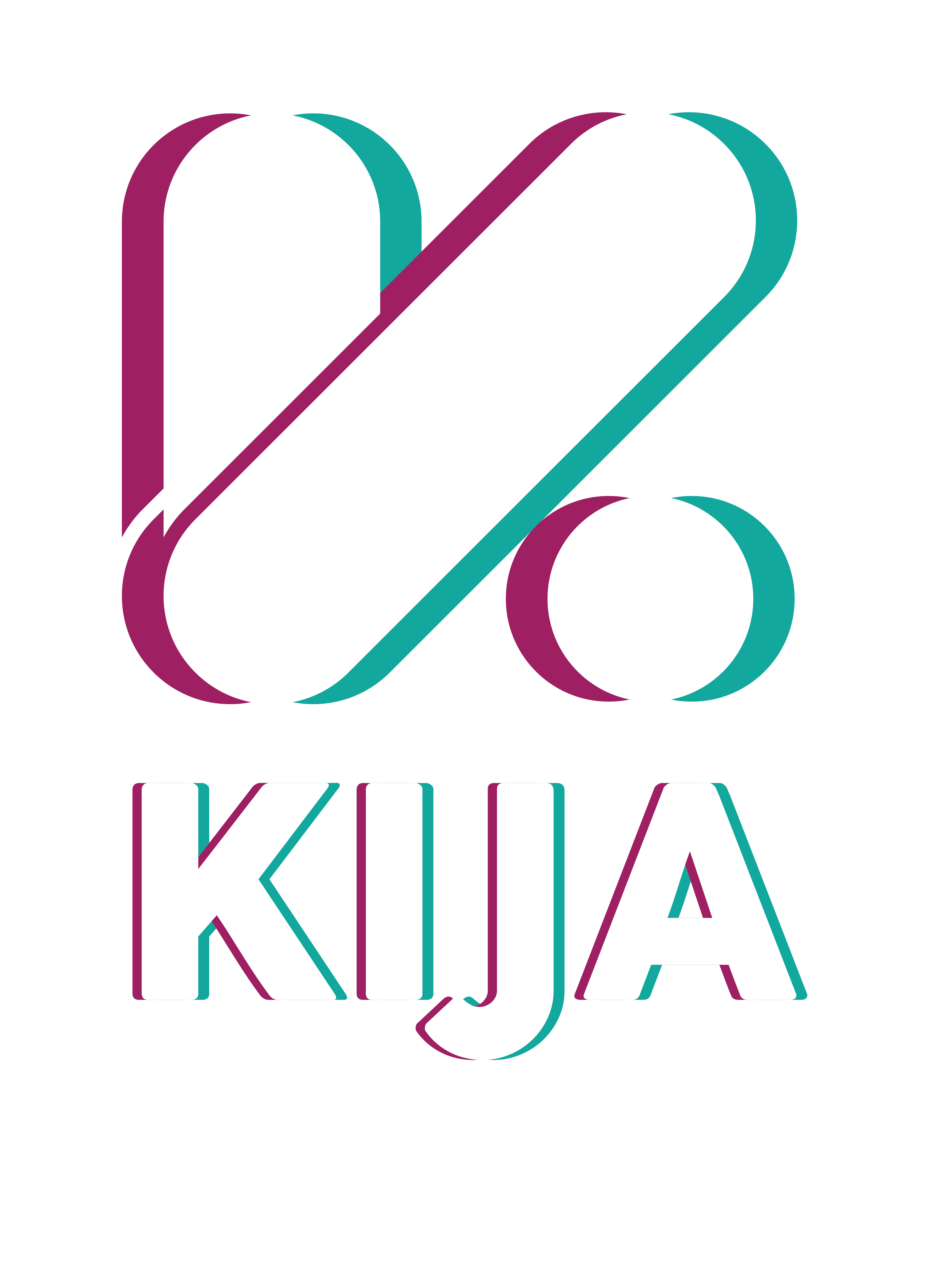
The Power of Personalization in Your Sales Funnel: How to Leverage Data for Better Results
In today’s competitive business landscape, personalization is more important than ever. Customers are bombarded with marketing messages and advertisements daily, making it essential for businesses to stand out by offering tailored experiences that resonate with their target audience. By leveraging data and personalizing your sales funnel, you can improve your marketing efforts, increase conversions, and foster stronger customer relationships. In this blog, we’ll discuss the power of personalization in your sales funnel and how to leverage data for better results.
The Importance of Personalization
Personalization is the process of creating customized experiences for individual users based on their preferences, behaviors, and demographics. It allows businesses to provide relevant content, offers, and recommendations that are tailored to the unique needs and interests of their audience. Personalization has been proven to increase customer engagement, loyalty, and conversion rates, making it an essential component of modern marketing strategies.
Collecting and Analyzing Data
To effectively personalize your sales funnel, you first need to collect and analyze data about your customers. This can include demographic information, browsing behavior, purchase history, and more. By gathering this data, you can gain valuable insights into your audience’s preferences and behaviors, allowing you to create targeted marketing campaigns that resonate with their unique needs and interests.
There are several tools and techniques you can use to collect and analyze data, including:
- Customer relationship management (CRM) systems
- Web analytics tools
- Surveys and feedback forms
- Social media analytics
Segmenting Your Audience
Once you have collected and analyzed data about your customers, you can use this information to segment your audience into different groups based on shared characteristics, such as demographics, interests, or buying behavior. Audience segmentation allows you to create more targeted and relevant marketing campaigns, ensuring that your messages resonate with the right people at the right time.
Personalizing Your Sales Funnel
With a clear understanding of your audience segments, you can begin to personalize your sales funnel by creating tailored content, offers, and experiences for each group. This can include:
- Personalized email campaigns that address the recipient by name and include content relevant to their interests or purchase history
- Dynamic website content that adapts to the user’s preferences and browsing behavior
- Targeted advertising campaigns that reach specific audience segments based on their demographics or online behavior
- Customized product recommendations based on a customer’s previous purchases or browsing history
Tracking and Measuring Success
To ensure that your personalization efforts are effective, it’s essential to track and measure the success of your campaigns. This can include monitoring key performance indicators (KPIs) such as conversion rates, click-through rates, and average order value. By regularly reviewing these metrics, you can identify areas for improvement and optimize your sales funnel for better results.
Continuous Improvement
Personalization is not a one-time process but rather an ongoing strategy that requires continuous improvement. As you collect more data and learn more about your customers, you can refine your audience segments, improve your targeting, and create even more relevant and engaging experiences. By staying agile and adapting to your audience’s changing needs, you can ensure that your sales funnel remains effective and efficient over time.
In conclusion, personalization is a powerful tool that can help businesses create more meaningful connections with their customers and drive better results throughout the sales funnel. By collecting and analyzing data, segmenting your audience, and tailoring your marketing efforts to the unique needs and interests of each group, you can improve customer engagement, increase conversions, and build lasting relationships with your audience.




